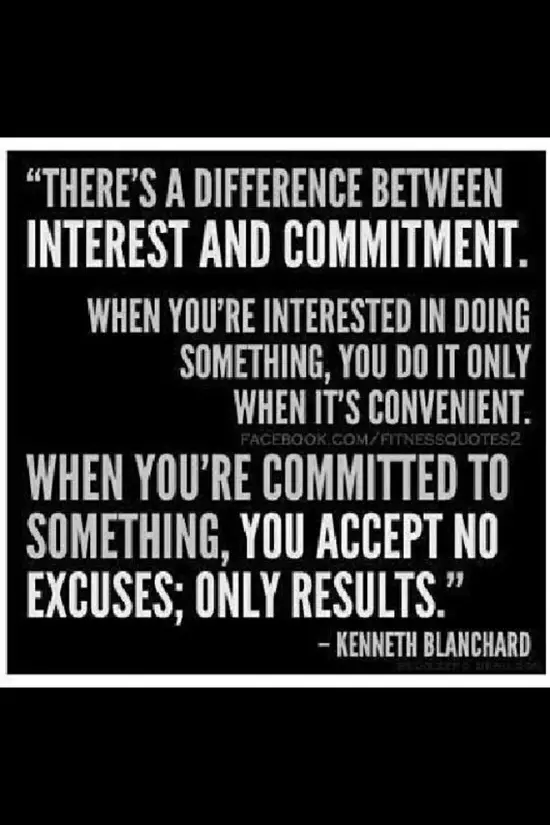Some people pride themselves on how busy they are. They wear it like a badge of honor telling anyone they speak to , “I’m so busy, I barely see my family,” or “I’m so busy, can I get back to you in a few months?,” or (my favorite) “I’m so busy, I can’t even find time to go the bathroom.” (yes I heard someone say that, and that’s just sad!). Equating importance with busyness never benefited anyone. After all, have you ever heard of someone receiving an award for “Most Busy”? An alternative to the busy mindset is to focus on results, or trying to achieve maximum results with the least amount of time and effort. That’s productivity! When you focus on results, you’ll reap the benefits via less stress, a greater sense of accomplishment, and potentially a promotion or monetary reward.
Brad Bollenback originally published this chart that clearly differentiates Busy vs. Productive.
|
Busy |
Productive |
| Makes it “elegant” and “extensible” | Makes it work |
| Responds to your email within a few minutes | Responds to your email within a few days |
| Ready. Aim. Aim. Aim. | Ready. Fire. Aim. |
| Makes the boss happy | Makes the client happy |
| Seeks consensus | Encourages creative self-expression |
| Writes a detailed specification | Implements a prototype |
| Looks like they’re busy | Looks like they’re slacking off |
| Finishes it this evening | Finishes it tomorrow |
| What else can we add? | What else can we remove? |
| How should we fix this? | Do we need to fix this? |
| Let’s get everyone’s feedback on this | DO IT! |
I have a few of my own recommendations for you to avoid the “Busy Traps”:
Value Results
Jumping from one action to the next, constantly checking email, or reaching for the next task because it’s in front of you are examples of being busy without knowing why you’re doing something. When you value results you can better evaluate what you should be working on at a particular moment versus constantly reacting. You know what you should be doing because you have a plan and a map to get you there.
Curtail Multitasking
Besides performing two or more tasks simultaneously, multitasking can also mean switching back and forth from one thing to another or performing a number of tasks in rapid succession. If you believe constant multitasking is helping you to get things done faster and more efficiently, you could not be more mistaken. A study published by the American Psychological Association showed that “Multitasking may seem efficient on the surface but may actually take more time in the end and involve more error. Even brief mental blocks created by shifting between tasks can cost as much as 40 percent of someone’s productive time.” You think you are being more productive when you multitask; scanning e-mail while talking on the phone or flipping between the report your working on to quickly check your inbox and back. In reality you are losing time and being less efficient.
Plan
It may be hard for some of you to plan, but if you don’t results are hard to achieve. That said planning does not have to be so regimented that you don’t have time for the unexpected. In fact, I encourage you NOT to say “yes” to everything that is asked of you. Be realistic about whether a particular meeting or action will produce results (e.g. a new potential client or contact, move a project forward, make your spouse happy, etc.). If it won’t it’s okay to say “no”. Leaving some “white space” on your calendar allows you to have time for the important opportunity that may come or the creative thinking you need to achieve results. Just be careful not to fill that time with mindless checking of email, perusing Facebook, or random web surfing.
Next time you find yourself overwhelmed and overloaded, stop and think whether what you’re currently doing will yield results and make you feel like you’ve accomplished something important. If not, you’re probably just in “busy mode” and need to change your path.


